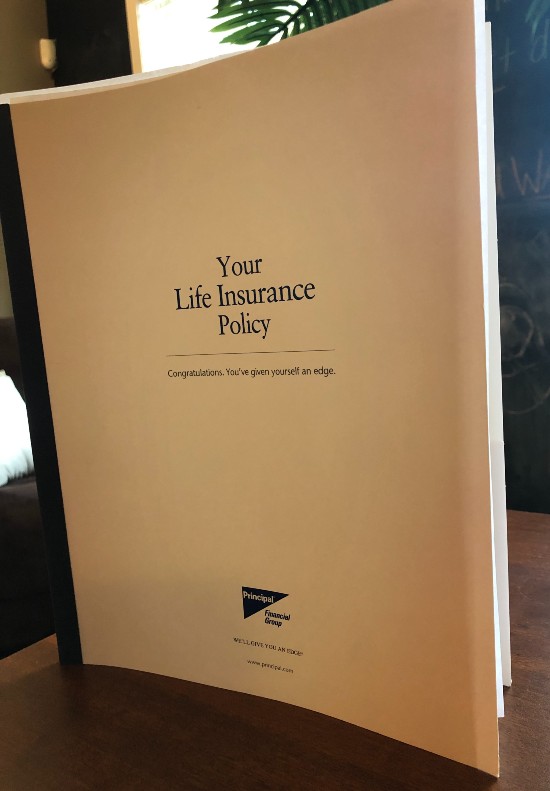When I was first hired as a financial advisor, my “class” of hires had about six of us. Six of the most sought after and brilliant 22 year old financial minds spreading the deepest of wisdom one cold call at a time. The office was led by a District Manager who was responsible for training us and keeping us motivated to get out there and get clients. He would walk around the office, usually carrying a golf putter with him, and he would shout out marketing tips and ideas. He only had one rule in that if you didn’t at least try out the idea, you would never get another one. Man oh man was he gifted. He would come up with the most outlandish ways to get in front of people. It didn’t matter if it was mutual funds, life insurance, annuities, CDs, college planning, retirement planning, you name it, he had an angle for every product in our briefcase. One morning, he sidles up to my desk, leans down low on his putter and says to me “I want you to call every funeral home in the area, tell them you have strategies for making hard decisions in tough times. Say you want to introduce yourself and drop off some pamphlets that they can provide to people in need.” (For the sake of staying on point, I won’t get into the hilarity of some of my funeral home stories, but there are some gems worth sharing another time).
I was a rule follower, and every hair brain idea that was thrown my way I caught and did my damndest to run with. The vast majority of them kept me busy, most definitely kept me humble, and never amounted to anything. One approach, however, has always stuck with me. Not because I ever helped anyone or made any money with it, but because it was actually a very solid idea for the right person. Being a fresh college graduate, I was sent down to my former school to explain to the Alumni Gifting program that I had a very “unique” way for alumni to gift even larger sums of money to the college. The product angle was of course life insurance. Many people, either by building wealth or paying off debt, reach a stage of life where they no longer absolutely NEED life insurance. The idea, in its most simple form, was to take out a life insurance policy, preferably a permanent (not term) policy that lasts as long as you do, and make the college or university the beneficiary of the policy so they get the proceeds after you pass away.
Here are the terms/players in this set up:
Owner – You.
Insured – You.
Beneficiary – The College.
Premium – What you have to pay every year to keep the policy alive.
Death Benefit – What the college receives when you are no longer around.
This could go for a policy you currently had and weren’t sure what to do with, or a new policy you may be purchasing. Instead of giving say $500 to the college every year, you buy a life insurance policy with a $500/year premium and a $50,000 death benefit. There are many other, more complicated ways to do this – where you make the college the owner and you get to deduct the premiums for your taxes – but this was the most basic form. The strategy doesn’t stop with colleges as it can be applied to any person or organization that you have a desire to help or provide a legacy. Want to guarantee that your children (or grandchildren) are left with $200,000 each? Life insurance and proper estate planning are great ways to do this. It also takes the pressure off of feeling like you can’t spend down your retirement accounts or really enjoy your savings at the risk there may be nothing to leave behind.
If you find yourself in the position where life insurance is more of a question mark, than an absolute, it is worth having a conversation about the potential strategies. If you have any questions about this, just stop by our local funeral home and look for my pamphlets 🙂
Happy Friday! Please stay healthy and be safe!

